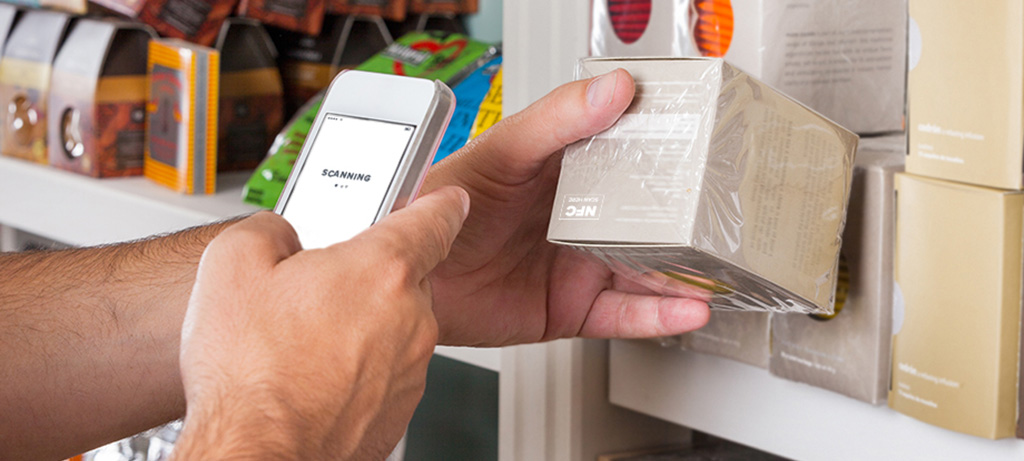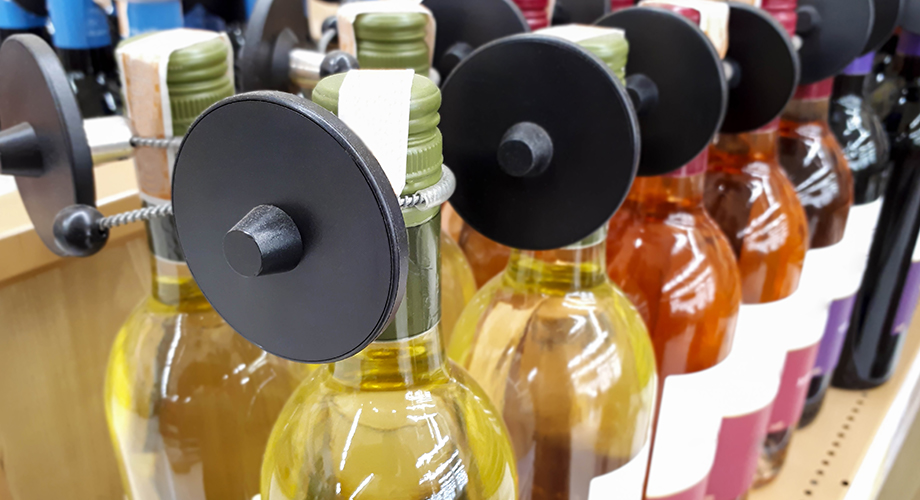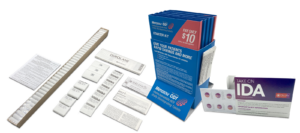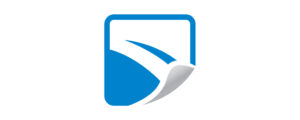2 RFID applications that unlock the power of smarter labels

Radio frequency identification (RFID) tags are rising in prevalence, and quickly. In fact, the market volume is expected to grow about 271% by 2021. Consumer trends are catalyzing this immense growth, according to research from Avery Dennison and The Future Laboratory.
From a business perspective, RFID tags provide a unique opportunity for brands to track products more efficiently — RFID readers can identify as many as 700 products per second. Increased visibility both drives savings and prevents counterfeit products from infiltrating the supply chain.
Now is a great time for organizations to work with an RFID label manufacturer to leverage smart labeling. Not only does smart labeling satisfy these consumer demands, but also key business goals. Smart labels have the power to drive efficiency, supply chain visibility and brand differentiation in a variety of industries, from health and beauty to apparel to pharmaceuticals and beyond.
We’ll narrow in on two high-ROI use cases for RFID labels:
- Enhancing visibility and efficiency across your supply chain.
- Driving customer engagement before —and after— the sale.
RFID solution 1: Enhancing visibility and efficiency across your supply chain
RFID technology relies on radio waves instead of direct sight to communicate information to and from a reader. A passive ultra-high-frequency RFID tag —the frequency most commonly used for supply chain visibility— turns on when it receives a radio signal from the reader and reflects back an information-carrying signal.
Manually scanning barcodes on pallets, cases and individual products eats up precious labor hours. But because RFID tags don’t rely on line-of-sight to be read, entire truckloads of products leaving and entering a distribution center can be read simultaneously — an RFID-enabled dock door in a store or warehouse could potentially keep up with the ebb and flow of deliveries in real time.
Source-to-store tracking of pallets and products
Tagging high-value merchandise —or even expanding RFID tagging to all merchandise— gives organizations clearer insight into their inventory, up and down the supply chain. The greatest visibility, of course, is achieved when merchandise is tagged at both the pallet and product level.
A pallet tag could be programmed with information about exactly which products were inside. An individual product tag could be programmed with information about the product and its journey through the supply chain — allowing organizations to authenticate products and identify weak spots in their supply chain to prevent theft and counterfeiting. There are even RFID tags on the market which break when tampered with, making it impossible to re-apply the label to a counterfeit product.
Other benefits of smart label tracking include:
- True omnichannel product fulfillment.
- Product-level supply chain visibility.
- Prevents infiltration of counterfeit products into the supply chain.
Tagging of pallets, cases and products allow retailers to treat all inventory —whether in-store or in-transit— as available for fulfilling customer orders. And real-time visibility into where products are establishes greater trust among business partners across the supply chain.
Major box stores such as Kohl’s, Target and Macy’s have piloted such programs, requiring their suppliers to tag their products before sending them to their distribution centers. At Resource Label Group, we have experience deploying full-scale RFID supply chain solutions for large organizations in response to these mandates — we’ve engineered solutions for suppliers of large RFID-mandated retail chains, Publix Super Markets and Department of Defense (DoD) suppliers.
Item-level tagging in retail stores
Item-level tagging in retail at the store level is possibly the most time-tested business case for RFID implementation. As many as 25% of retailers find the increased inventory accuracy and resulting sales uplift so valuable that they tag their items in store, according to a report from ChainLink Research which surveyed 120 retailers worldwide. As previously mentioned, many major retailers often require tagging earlier in the supply chain.
The benefits of store-level tagging include:
- Real-time inventory visibility.
- Increased on-floor availability of products.
- Streamlined customer experience.
Item-level RFID tags allow stores to take inventory about 25 times faster — rather than manually scanning each barcode, a fixed or hand-held RFID reader can scan as many as 20,000 RFID-tagged products an hour. This enables organizations to take inventory more often, achieving inventory accuracy levels as high as 99%. With increased on-floor availability of their products, consumers can always find what they need — translating to a sales uplift anywhere from 2 to 12%.
RFID solution 2: Customer engagement before —and after— the sale

Because most smartphones also function as near field communication (NFC) readers, NFC labels are a popular tool for creating unique brand experiences at —and beyond— the point of sale. Near field communication (NFC) tags are a type of RFID tag with a much shorter read range (typically requiring the customer to tap their phone to the label), higher memory capabilities and very different implementation considerations. Learn how NFC tags fit into the RFID category —and how they’re different— read our blog post comparing different types of RFID tags.
They’re often used to allow the customer to learn more about the product (ingredients, safety information, etc.) or brand (by sending the customer to a product-specific landing page). The use cases for NFC labels as a promotional labeling tool are limited virtually only by your imagination. You don’t have to look far to find truly creative cases of how brands have used NFC labels:
- Incorporating omnichannel promotional campaigns into the product label itself.
- Using NFC labels that recognize when a product’s been opened to present different marketing content before and after the sale.
- Leveraging augmented reality (AR) technology alongside NFC labels to display a different promotional landing page depending on the customer’s mood.
- Authentication of medical devices and luxury goods.
Build your business case for smart labeling
There’s never been a better time to work with an RFID label manufacturer to build a business case for smart labels. But to unlock the power of smart labels, it’s important to partner with a label converter that has the portfolio and experience to deliver any RFID solution at any scale.
Resource Label Group is that partner. With more than 20 years of experience in RFID labeling for suppliers of large RFID-mandated retail chains, DoD suppliers and other large-scale organizations, we have the expertise to help you roll out any RFID solution — from source-to-store tracking to limited-time promotional campaigns. Request a consultation today to start a conversation.



